INTERVIEWS
Margaret Thorsborne
Interviewer: Marcela Torres
Language of interview: English
Country of practice: New Zealand
Profession: Restorative Justice practitioner
Margaret Thorsborne has been a restorative justice facilitator for more than twenty-five years in different locations including New Zealand, London, and South-East Asia. She was part of the transition from the youth traditional justice system to restorative school practices in New Zealand, which has aimed to keep young offenders out of criminal records. According to Thorsborne, spaces dedicated to restorative practices are extremely important to make individuals feel conformable, since they enhance the capacity of connection between participants.
During our conversation, Thorsborne talks about some critical cases of restorative justice in schools and the rooms used for these practices, differentiating between good and bad spaces for restorative purposes. She highlights the importance of privacy, adequate furniture and spatial flexibility, as well as the need for one specific “neutral” room for certain encounters. Further, she explains the importance of using calming colours in the walls to ensure peacefulness in the room, and making sure to take into consideration practices with youth with special needs who might be sensitive to certain lighting, or for whom the space might trigger some difficult past experiences.
Lastly, Thorsborne describes having a purpose-built space for preparatory and restoration practices as a luxury, and explains the urgency for schools to start having specific rooms designated for restorative practices. She describes the perfect space as a room with proper decoration, control over the lighting and sound, art on the walls, and beautiful posters with graphics about restorative practices and peacemaking. To finalise, she clarifies it would be ideal to have a series of three spaces: one for large groups, one for smaller groups, and one for an interview space; all of them would require an adjacent kitchen space for food sharing, or as she calls it, “Breaking Bread with the Enemy.”
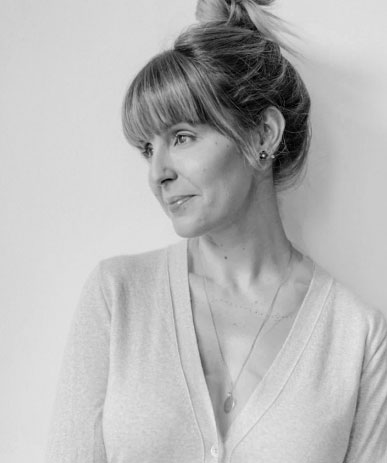
is an author, speaker, columnist, and podcaster in the fields of architecture and decorative arts. She is completing her MA in Art History at Concordia University, Montréal, and holds a Bachelor of Commerce with a major in Marketing from John Molson School of Business. She studied Industrial Psychology in Los Angeles, California. Sicotte is the author of two published books on design (2015, 2018) published by Les Éditions Cardinal.

is a Colombian PhD candidate in the Department of Art History at Concordia University. She has a background in architectural design and community activism and holds a master’s degree in Building and Urban Design from the Bartlett School of Architecture in London, England. Her interests focus on socially-engaged art, social movements, collaborative activism in post-conflict scenarios, collectively-produced art, and art produced in relation to the built environment.
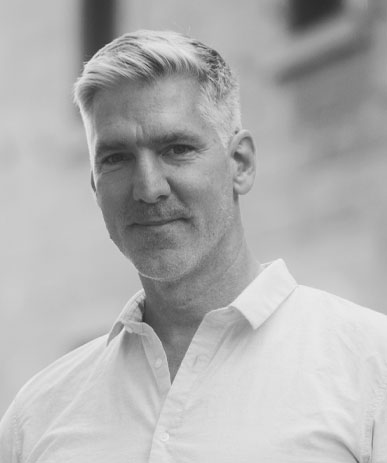
is a PhD candidate in Humanities at Concordia University. His research focuses on spatial agency, social aesthetics, youth narratives, and graphic representations of urban memory. He has published on the relationship between children, play, and public space in Cartagena, Colombia. He has also worked as an editor on literary projects, including Territorio Fértil, which received the María Nelly Murillo Hinestroza award for Afro-Colombian literature.
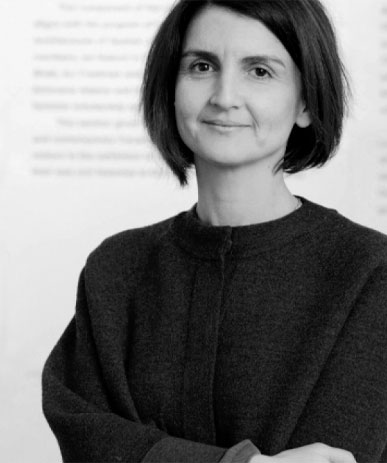
is Associate Professor and Canada Research Chair in Architectures of Spatial Justice (Tier 2) at the Peter Guo-hua Fu School of Architecture at McGill University, Montréal, Québec, Canada. Her research interests include low-income housing and participatory design, civil protest and urban design, and campus landscapes and race. Her publications include the co-edited book, Orienting Istanbul (2010) and solo-authored book, Istanbul Open City (2018).
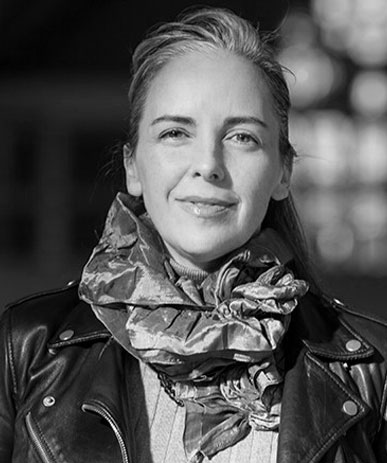
is an artist and a professor of Art History at Concordia University. Her work focuses on women and the history of the built environment, urban landscapes, research-creation, and oral history. She has published on the spatial history of the suffrage movement, public art, gardens, and the politics of urban change. In addition to her research on the spaces of restorative and transitional justice, she is leading an oral history project on the urban memories of diverse Montrealers.
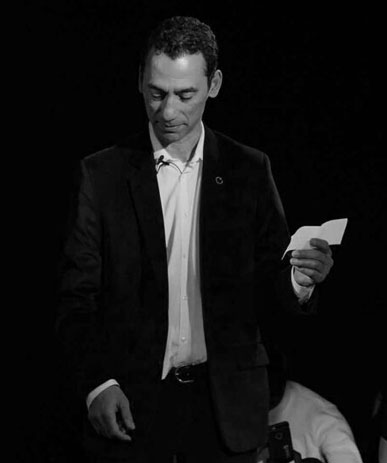
is Associate Professor in the Department of Theatre at Concordia University, Montreal (Quebec, Canada). He is also the second co-director of Concordia’s Centre for Oral History and Digital Storytelling. His latest publications explore listening in the context of post-conflict performances of memory. For instance, see ‘Facilitating voicing and listening in the context of post-conflict performances of memory. The Colombian scenario.’ In: De Nardi, S., Orange, H., et al. Routledge Handbook of Memoryscapes. Routledge: London. (2019), and his article ‘Not being able to speak is torture: performing listening to painful narratives’. International Journal of Transitional Justice, Special Issue Creative Approaches to Transitional Justice: Contributions of Arts and Culture. (March, 2020)